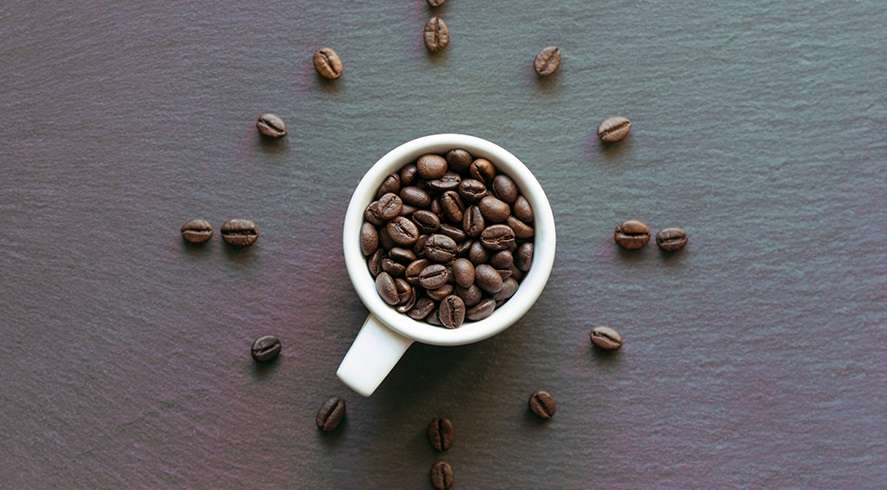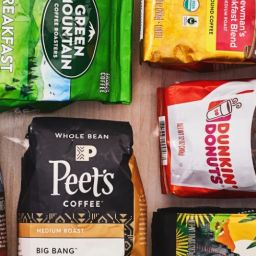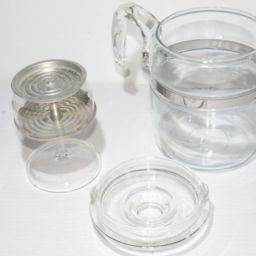
Have you ever thought about swapping your pre-workout supplement with a simple cup of coffee? It’s not just about the convenience or the taste—there’s a growing trend of gym enthusiasts turning to coffee for that extra kick before hitting the weights or the treadmill. Coffee, rich in caffeine, is seen as a natural alternative to pre-workout supplements, sparking curiosity about its effectiveness and safety. But how does it really stack up as a pre-workout booster? Let’s dive into the perks and considerations of using coffee to energize your fitness routine.
Key Takeaways
- Boosts Physical Performance: Coffee isn’t just for waking up; it can rev up your workout too. The caffeine in coffee is known to enhance endurance, helping you go the extra mile or lift that extra weight.
- Rich in Antioxidants: Beyond the caffeine, coffee offers antioxidants. These compounds aid in recovery and combat oxidative stress, which can accelerate post-exercise recovery.
- Timing and Dosage Matter: To harness coffee’s full potential, timing and dosage are key. Drinking it too close to your workout or in excess might not yield the desired benefits.
- Coffee vs. Pre-Workout Supplements: While coffee is a natural source of caffeine, pre-workout supplements often contain a blend of ingredients aimed at boosting performance. Understanding the differences can help you make an informed choice.
- Mind the Side Effects: Like anything, coffee has its downsides when used as a pre-workout. Too much caffeine can lead to jitters, anxiety, or sleep disturbances, so moderation is crucial.
Can You Use Coffee As Pre Workout?
Absolutely! Turning to coffee as a pre-workout supplement is becoming a popular choice for many fitness enthusiasts. But what makes coffee such a good companion for your workout routine? Let’s break it down.
Caffeine: The Energy Booster
- The star in coffee is caffeine, a natural stimulant that can kick your energy levels up a notch. When you drink coffee before exercising, caffeine amps up your adrenaline, preparing your body for an intense session.
Enhances Focus and Endurance
- Ever notice how coffee makes you feel more alert? That alertness translates to better focus during workouts, helping you maintain proper form and stay engaged in your routine. Plus, caffeine is known to extend your endurance, enabling you to push a little harder and longer.
Fat-Burning Friend
- If losing weight or burning fat is part of your fitness goal, coffee might just be the ally you need. Caffeine increases the rate at which your body breaks down fat, turning it into fuel for your workout.
But, Moderation is Key
- While coffee can be a great pre-workout boost, it’s essential to consume it in moderation. Too much caffeine can lead to jitters or an upset stomach, which is the last thing you want during a workout.
Benefits of Using Coffee As Pre-Workout
Coffee isn’t just a morning ritual; it’s a versatile beverage that can play a pivotal role in your fitness journey. When you sip a cup before hitting the gym, you’re not just waking up your mind—you’re also priming your body for an effective workout. Here’s how coffee can be your workout ally.
Coffee is a natural source of caffeine, a stimulant that can significantly boost your physical performance. It works by increasing adrenaline levels in your body, which prepares you for physical exertion. This means you can potentially lift more, run faster, or simply work out longer than you would without that caffeine kick.
The mental clarity that a cup of joe provides is another perk that’s hard to ignore. It sharpens your focus, making it easier to stay on track with your exercise routine, whether you’re following complex workout steps or counting your reps and sets.
Caffeine’s impact on muscle endurance and strength is a game-changer. It helps delay fatigue, allowing you to extend your workout duration and intensity. This is because caffeine aids in the mobilization of fat stores, encouraging your body to use fat as its energy source, sparing glycogen reserves, and thereby enhancing endurance.
Risks and Considerations
While coffee can be a great pre-workout booster, it’s not without its risks. The key to harnessing coffee’s benefits without falling victim to its downsides lies in moderation and understanding your body’s response to caffeine.
Consuming too much coffee can lead to jitters and anxiety, which can be counterproductive to your workout goals. These symptoms can distract you, impact your coordination, and even increase the risk of injury during physical activity.
Sleep disturbances are another potential downside. If you’re hitting the gym in the evening, a late coffee might hinder your ability to wind down post-workout, affecting your recovery and overall health.
Dehydration is a concern as well. Coffee has diuretic properties, which means it can lead to increased urination and potentially affect your hydration status. This is crucial to consider, as staying hydrated is key for optimal workout performance and recovery.
Coffee vs. Traditional Pre-Workout Supplements
When it comes to fueling your workout, the choice between coffee and traditional pre-workout supplements is a common dilemma. Each has its pros and cons, and understanding these can help you make an informed decision that aligns with your fitness goals and preferences.
Coffee is straightforward—it’s primarily about caffeine, the stimulant that enhances alertness and performance. It’s natural and simple, with a known ingredient list: caffeine plus the natural compounds in coffee beans. Coffee can boost your energy, improve focus, and even help with fat burning. Plus, it’s packed with antioxidants. However, coffee’s effects are largely tied to caffeine, and it may not offer the balanced nutrient profile that some pre-workouts provide.
On the other hand, traditional pre-workout supplements are formulated to provide a comprehensive boost. They often contain a mix of ingredients designed to improve endurance, strength, and energy levels. These can include amino acids like beta-alanine and citrulline, creatine for energy, and sometimes vitamins and minerals to support overall health. Unlike coffee, these supplements are engineered to offer a balanced mix of nutrients that target various aspects of your workout performance.
However, with complexity comes the potential for unwanted side effects. Some pre-workout supplements can cause tingling, increased heart rate, or even digestive issues, depending on the ingredients and your sensitivity to them. Plus, the transparency of ingredient quantities can sometimes be lacking, making it harder to know exactly what and how much you’re consuming.
In contrast, coffee’s side effects are generally well understood and primarily linked to caffeine. Overconsumption can lead to jitters, anxiety, or sleep disturbances. But if you stick to moderate amounts and know your caffeine tolerance, these issues are typically manageable.
FAQs
When is the best time to drink coffee before a workout?
It’s ideal to have your coffee 30 to 60 minutes before your workout. This timing allows your body to absorb the caffeine and gives you the peak energy boost you need for your exercise.
What type of coffee is best for workouts?
A standard black coffee, without added sugar or cream, is usually best. It provides the caffeine you need without extra calories or fat. However, if you prefer, a small amount of milk or a natural sweetener shouldn’t derail your workout.
How do I balance coffee intake with my overall diet?
Ensure that your coffee consumption fits within your daily caffeine limit and doesn’t disrupt your nutrient intake or hydration. Also, consider your total dietary caffeine from other sources like tea or chocolate.
Final Thoughts
Choosing coffee as a pre-workout can offer a natural, effective way to boost your energy and performance. However, like any dietary choice, it comes with considerations. The key is to find the right balance that enhances your fitness routine without overshadowing the importance of a holistic, balanced diet. Remember, moderation is essential, and understanding how your body responds to caffeine will help you make the most of your pre-workout coffee ritual.









